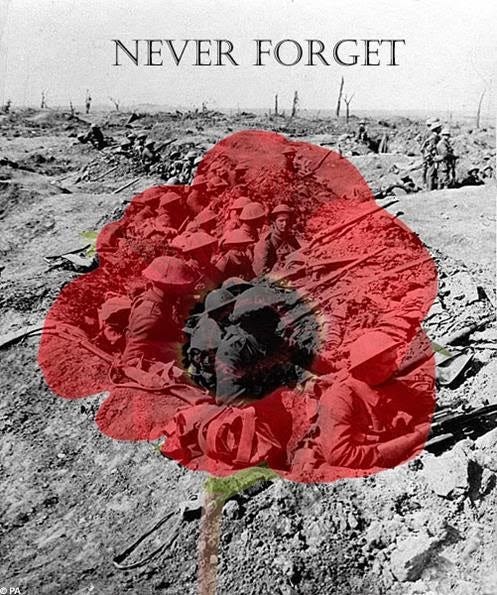Conflict - Parish Magazine November 2013

How do you react when you hear the word conflict? We are bombarded by stories of wars around the world, terrible atrocities that humankind commits against itself. We see conflict between unions and employers on the news and arguments between, and within, political parties. We see conflict erupt between opponents in the field of sport and between rival fans. We see conflict tearing marriages and families apart and breaking friendships. We all experience conflict and the problems it can bring in our own lives. So how do we deal with it?
When someone is hurt or upset by another person/organisation then the solution that the entertainment media seems to recommend is revenge. Whether it’s Hollywood or Hollyoaks if someone upsets you then the answer is to get even, ‘they started it, but I’ll finish it’, or sometimes pre-emptively, ‘do one to others before they do one to you’. It is not surprising then that many people will do all they can to ignore tensions and avoid conflict.
But conflict in any relationship is quite normal, whether that relationship is within marriage, at work, in sport, in a family, between friends, in politics, between nations, or even in church... believe it or not :-)
Anywhere there are people there will be conflict. The problem is not that we have tensions and conflict, the problem is that very often we don’t deal with conflict properly.
Trying to ignore tensions and pretend they don’t exist often just makes them worse. Sometimes, rather than raising the issue with the person/people/organisation that hurt us, we seek supporters for ‘our side’ of the argument and look to gather an ‘army’ to help us get even. The trouble with this approach is it leads to escalation and much bigger problems for the future.
The crowds to whom Jesus spoke had faced conflict and oppression throughout their lives (and for generations before). As well as occupation, taxation and oppression by the Roman Empire, many of those Jesus had healed had also been rejected by society and told that their misfortune was their own fault. They had every reason to be angry and upset about life, government, the religious establishment and their fellow Jews. But when teaching them Jesus said ‘Blessed are the peacemakers, for they will be called children of God’ (Matthew 5 verse 9). His call on his followers was to look to be peacemakers, not to take revenge
However, that does not mean we should just ignore hurt. Sometimes we do just need to let go of hurt, but if it is really bothering us then we need to deal with it. We might still want to talk with others about the problem, but there is a huge difference between talking to others seeking support for ‘our side’ when we feel wronged and talking to others because we are seeking support/advice on how we can resolve a tension/conflict.
Whether at a personal, local or international level, good diplomacy (not the megaphone diplomacy we often see in politics or on Facebook) looks to make peace between different factions. But despite the huge efforts of many good peacemakers, some conflicts can’t be resolved peacefully and sometimes, when that conflict is between nations, it escalates to war. That is why it is so important that we gather on Remembrance Sunday, not just to pay our respects, but to remind ourselves of the cost of escalating, unresolved conflict.

So I invite you this Remembrance Sunday to join with your local church as we look back and remember the sacrifice of so many individuals in our armed forces, and to remember also those who are putting their lives on the line today as they work to try and bring peace in our world.
I invite you also to look forward and ask God to show you where you can help to bring peace in our homes, in our community, in our nation and in our world. Whether it is on a large or small scale we can all make a difference and do our part to help make this world a better place.
Rev Barry Jackson


